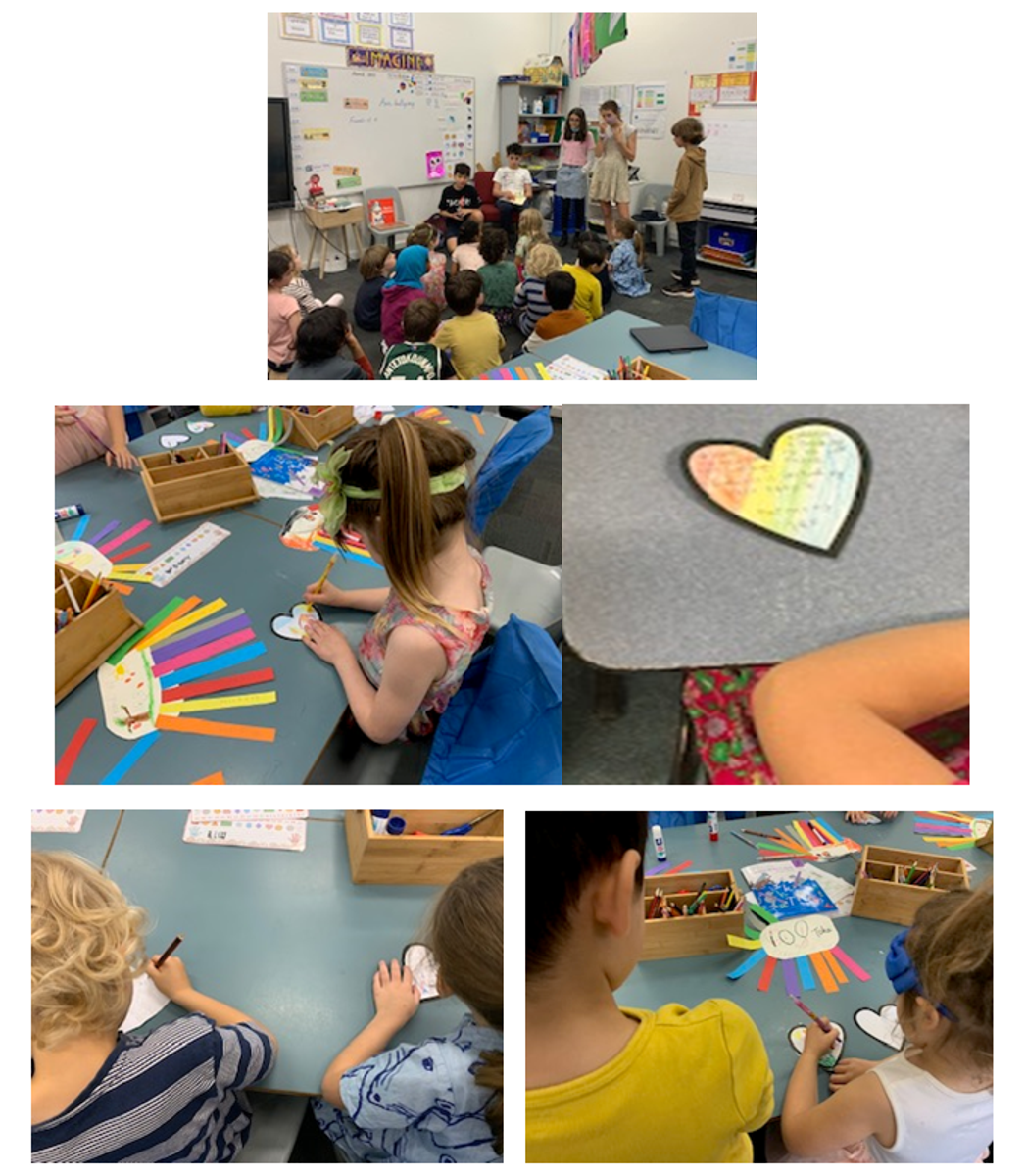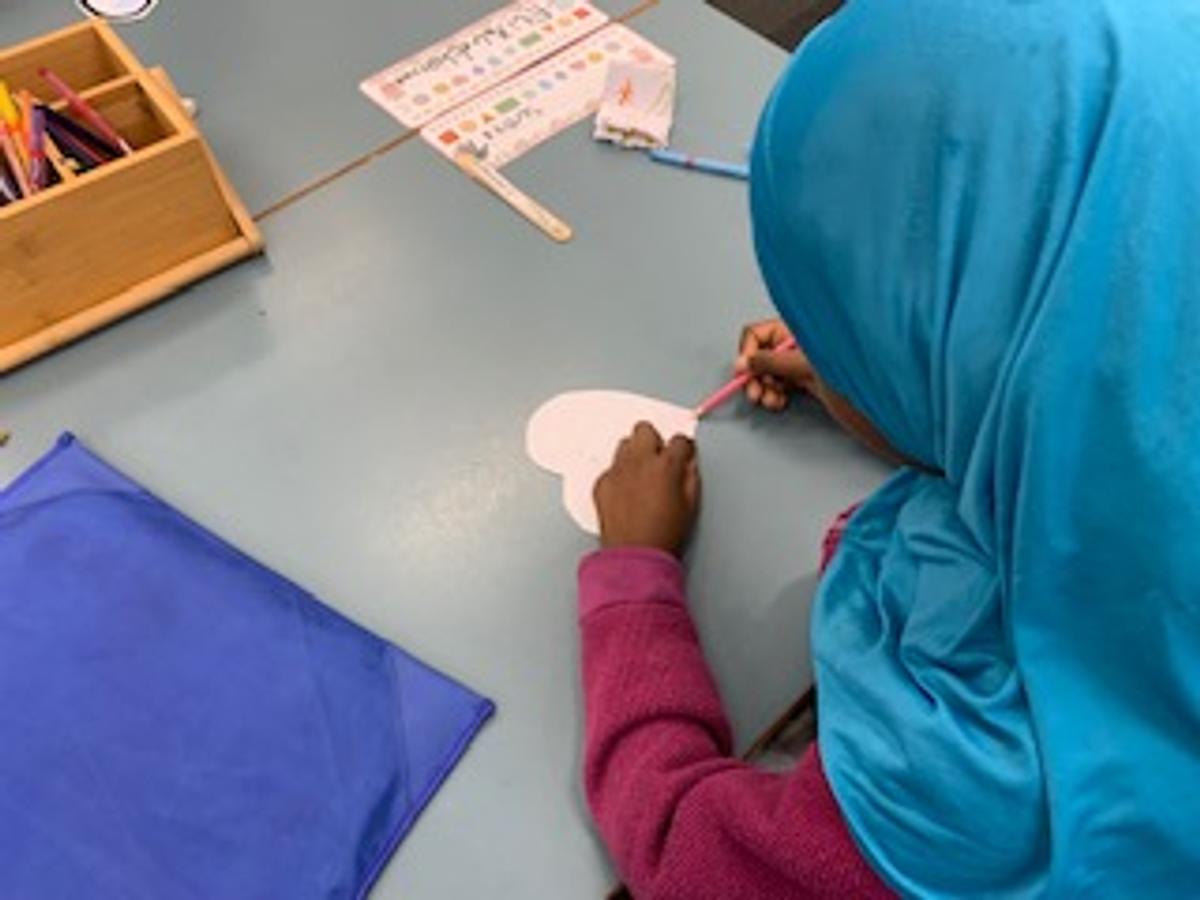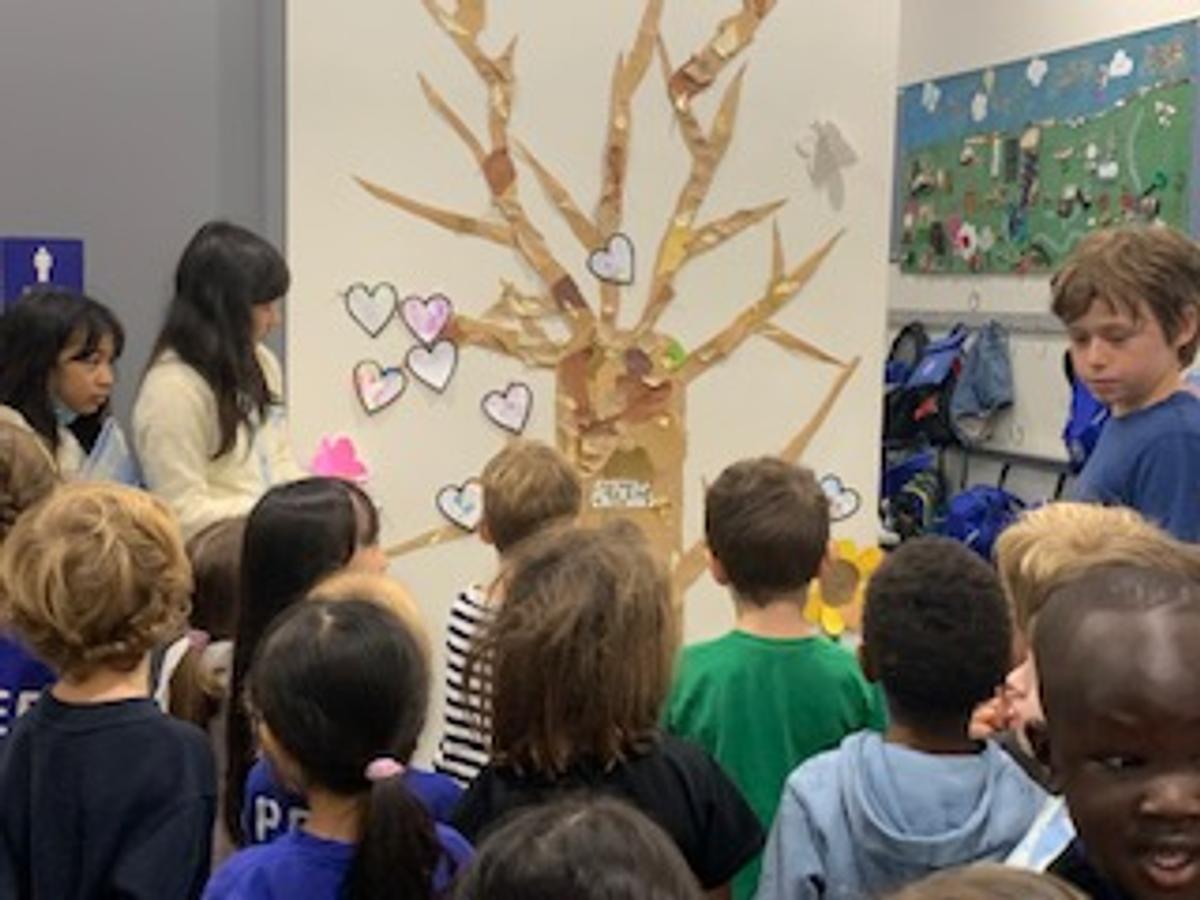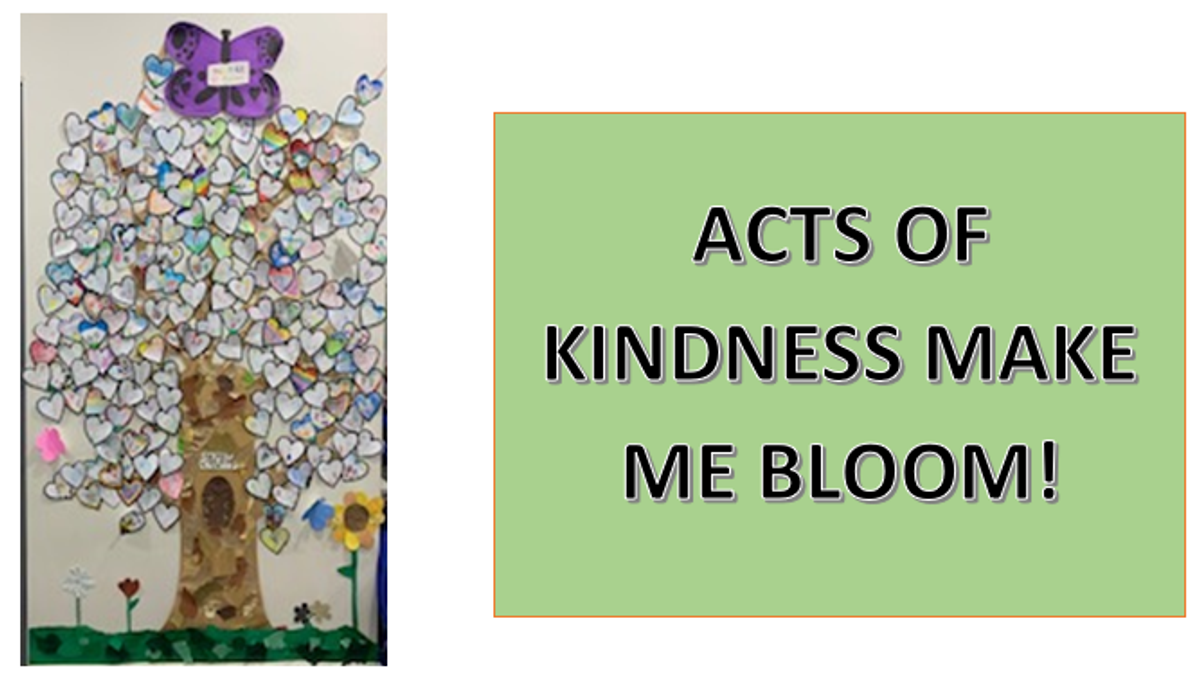Wellbeing Report
- Linda Ratcliffe

Wellbeing Report
- Linda Ratcliffe
by Sharon Witt http://www.parentingideas.com.au
Friendships are an important aspect of all of our lives – perhaps even more so for our children as they navigate the often complex years of growing up and discover their place in the world. As our young people grow and develop, so do their friendships.
In the early years, many friendships are developed through manufactured situations and groups we are involved in as parents. First time mother’s groups, antenatal birthing classes, playgroup, church groups and other friendship groups for mothers, often become the first opportunities that our children have to play and develop these early skills of relating to their peers. It is during these early toddler years that we can safely observe and guide our children’s play time. We can help them deal with minor disputes over whose turn it is to play with the truck, use the dress up cape or the blocks. We teach our children to play fairly, share and take turns.
As our children enter their early Primary School years, these friendships develop more out of our earshot. Some parents may even feel a little concerned that they will not know each of your child’s friends at school and whom they choose to be influenced by. However, there is a lot we can do as parents to help guide our children through these years of critical relationship building. Developing the strategies to deal with friendship conflicts, tricky situations and issues of bullying are lifelong skills that will stand them in good stead for the years ahead.
From an early age, we can have conversations with our children around what makes a good, healthy friendship. What are the qualities we look for in a friend? I have asked this very question of hundreds of children over the past two decades and the same qualities are mentioned time and time again:
Honest
Trustworthy
Friendly
Dependable
Kind-hearted
Humorous
Forgiving
These qualities are probably the same for many of us parents too. However we also need to remember that we should also display these qualities if we are seeking positive and healthy friendships. We will actually attract these same qualities in the friendships we make when we model these ourselves.
Whether we like it or not, our children are observing us all the time. They watch how we speak, act and conduct our own friendships.
As parents, we can do a lot to teach our children about navigating friendships by modelling our own in a positive way. Demonstrate that a friendship is a two-way street by phoning your friend occasionally, sending an encouraging note or card, or making a meal for them if they are unwell. When we do these things naturally in our own relationships, we are teaching our children how supportive real friendships can be.
We will always encounter friendships that can become a little complex or tricky at times. Our children will find this very difficult when it occurs but we can teach them how to handle this effectively and let them know that it is okay to set their own boundaries and enforce these when necessary.
Feelings will often be hurt during our friendships- that is the nature of living in relationship and part of a community. However, it is how we deal with hurt feelings – that is most important. When your child experiences hurt feelings, try and use this as a teachable moment!
Recently my daughter came home from school feeling down. A girl in her class had distributed her birthday party invitations in front of a gathered group of friends – however she did not invite my daughter.
My daughter was clearly stunned as she relayed the story to me.
‘Why would someone DO THAT?!’ she questioned. ‘It is just SO mean!’
It became a great teachable moment for her. We talked about how this girl must be feeling about herself and her position amongst the girls if she has to noticeable, in front of everyone, NOT invite a well-liked, popular girl in the group. It was all about this girl’s feelings of power, or lack of. I talked to my daughter about how she was feeling at that moment, and explained to her that there will always be people who deliberately (in this case) or accidentally hurt our feelings. What my daughter could learn from this is how NOT to treat others – whether they are your closest friend or just a part of your social group at school. Be mindful of other’s feelings.
When it came time for my daughter to plan her own birthday party, and she had a limited number of guests allowed, she made it a point to hand out her invitations in private and at a time that would not cause upset to others.
We cannot possibly protect our children from having their feelings hurt or having to deal with difficult people – but we can teach them how to respond and learn valuable life skills about navigating tricky friendships.
If you had have told me at age 8 that my best friend in the entire world, would not have been my lifelong friend forever, I would simply not have believed you! But to our children, their friendships do seem ‘lifelong’ and permanent. They cannot imagine these relationships ever drifting apart. However, the reality is, most of our early friendships don’t continue on forever and this is a good point to teach our children. Some friends are with us for a reason, and some for just a season. But each will bring something unique to our lives and perhaps teach us a lesson – even if that lesson is what we don’t want or need in a friend.
As much as this may seem like such a simple point to make, it is important that our children learn to be friendly – even to those who are unkind or cause conflict in our lives. There will always be people who annoy us, speak rudely to us for no apparent reason. But we are not always privy to what is going on in their lives. If someone is mean or nasty to your daughter, explain to her that we don’t always understand why people choose to be rude to us or react in certain ways. What we can do is demonstrate some grace and act with kindness.
Elbert Hubbard said: ‘In order to have friends, you must first be one.’
This is a good mantra to teach our young people. So often, our children complain that they have no real friends, or they are not popular at school. But this quote is a timely reminder that they need to practice being a friend. The more you practice being friendly and being interested in others, the more people will be drawn to you.
Friendships will always be a lifelong learning opportunity. Hopefully, as we navigate and manage our own friendships as adults, we can model to our own children how to best take this journey through life.
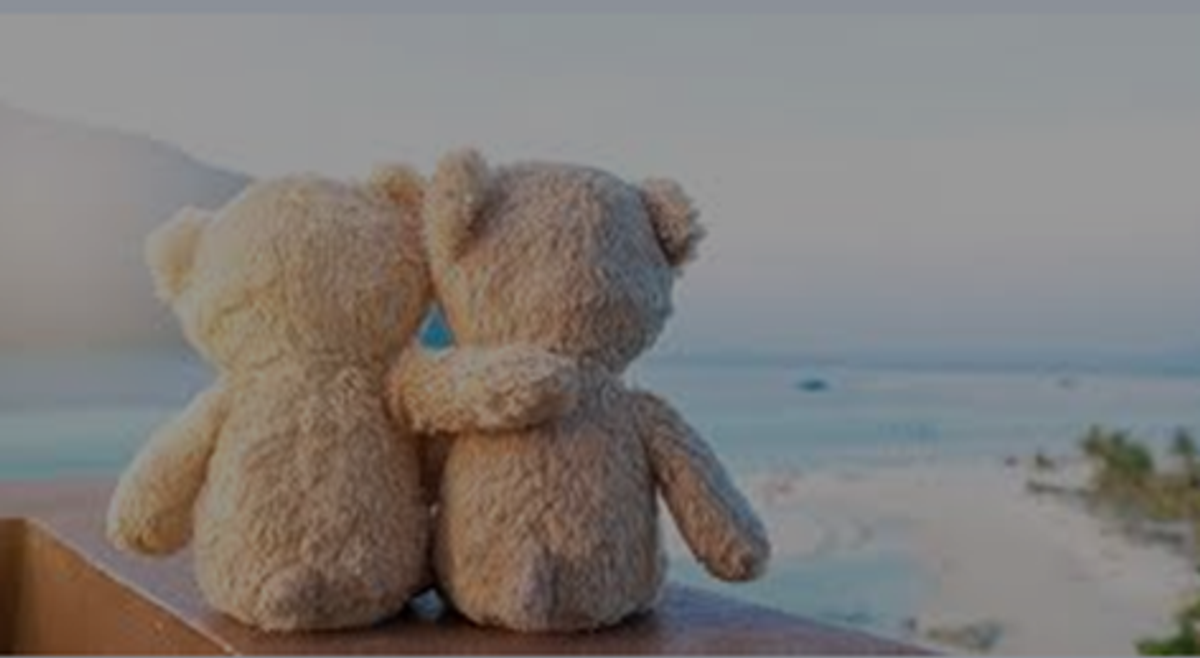



We are delighted to announce that Dr William Garvey, paediatrician at The Royal Children’s Hospital, will be hosting a parent session at the school on Tuesday 5th April between 6.00pm and 8.00pm on the topic ‘Understanding and Supporting your Child with Anxiety’. Billy is part of the research team from the Murdoch Children’s Research Institute that worked with staff and families from grades 1, 2 and 3 last year to investigate how to better support children’s development and well-being within their school environment.
Numbers will be strictly limited and by pre - booking only. All participates will be asked to provide evidence of triple vaccination. Details about how to book for this event will be sent via Compass this coming Monday. Please note that this in an adult only event and unfortunately no childcare is available.
Our Grade 6 Young Leaders worked with our Prep – 3s to construct Our Kindness Trees. We continue to focus on building a culture of kindness with our Harmony Celebrations.
